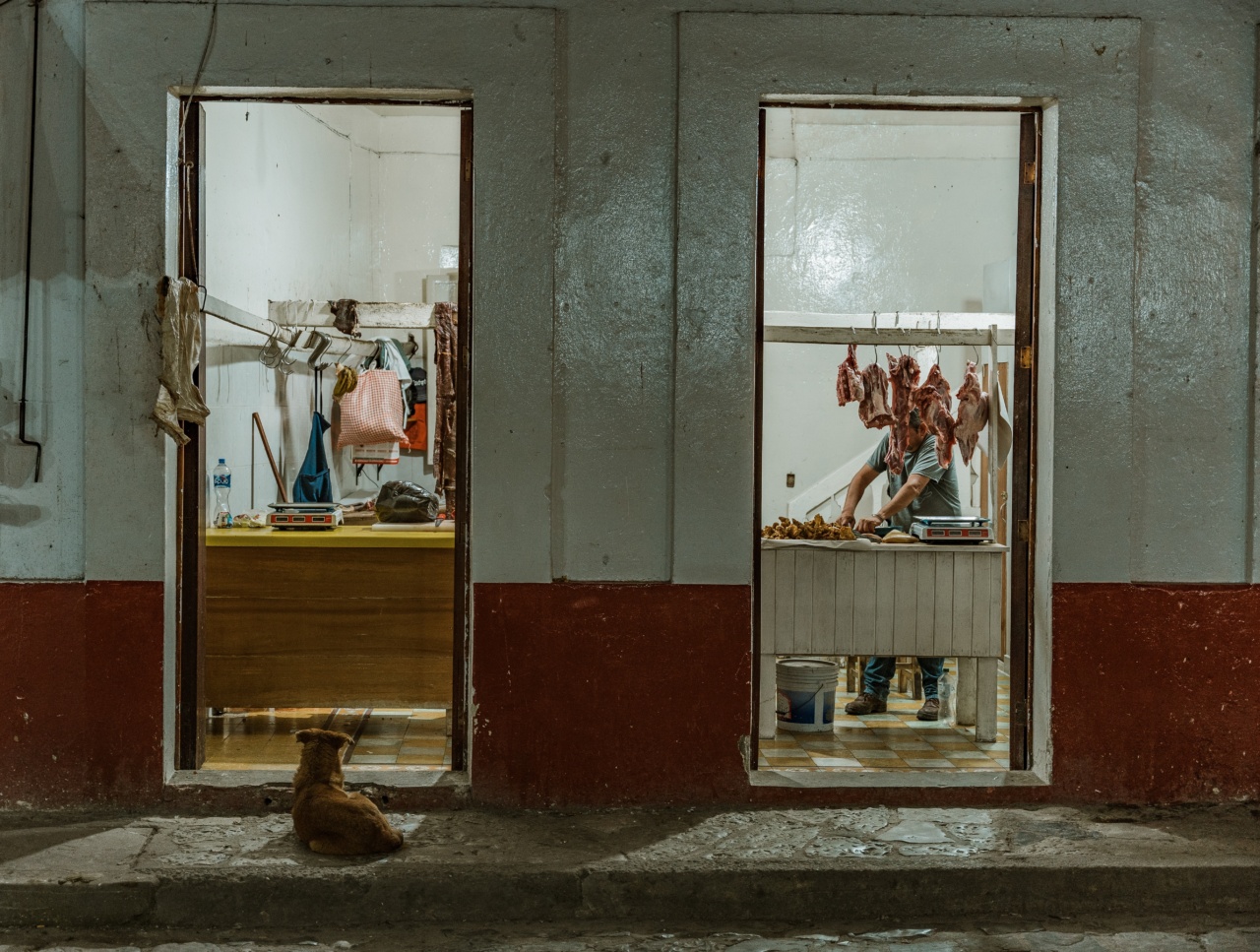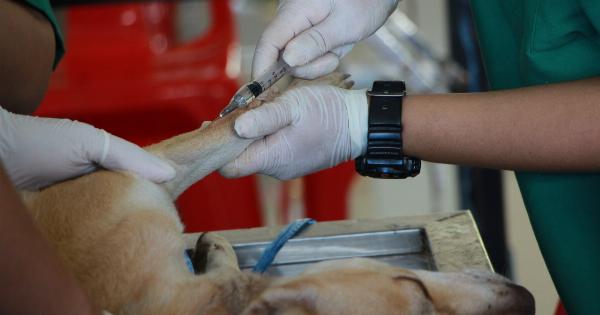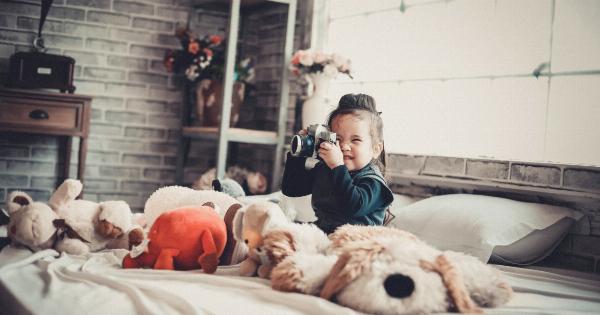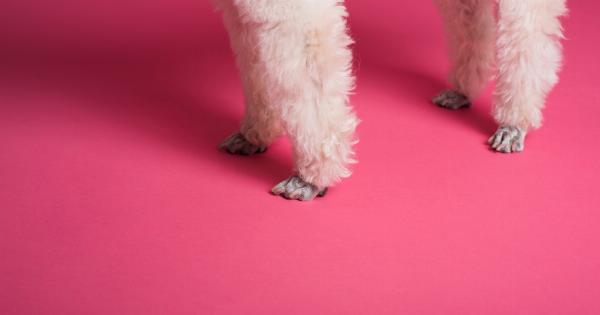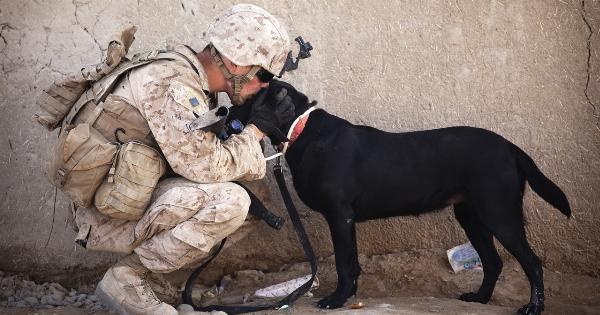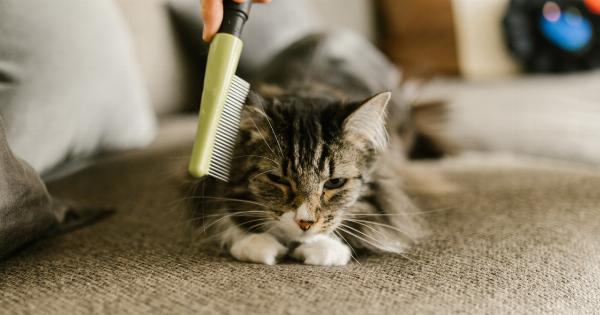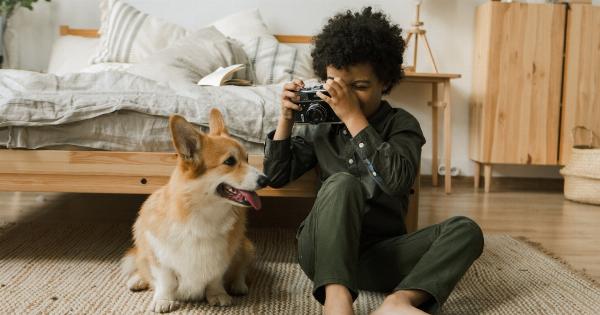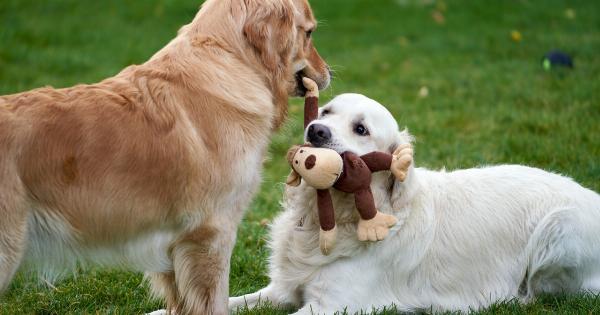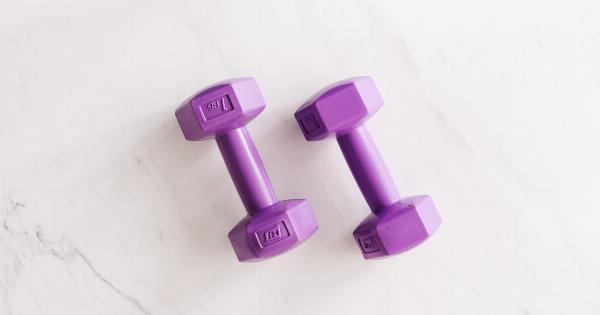Most pet owners love nothing more than giving their furry best friend all the attention they deserve, and adorning them with fancy accessories like cute outfits, beds, toys, and other knick-knacks.
While these things are cute and alluring, their actual value is a topic of debate among pet experts.
The Pitfalls of Over-Accessoring Dogs
Dogs are creatures of instinct, and their primary needs are food, shelter, social interactions, and physical exercise.
No amount of accessories can substitute for these fundamental requirements, and investing in them more than necessary can be a significant waste of resources.
Accessories can be valuable if they help improve your pet’s life quality or correct a behavioral issue; however, they are not an end goal in themselves.
Pet owners should prioritize their dogs’ necessities, and only invest in accessories that meet those needs.
The Essential Dog Accessories You Need
As previously stated, dogs require basic necessities to thrive. Here are some essential accessories that pet owners should invest in:.
: 1. Food and Bowls
Feeding your dog a nutritious, balanced diet is crucial for their overall health and well-being. Pet owners should choose high-quality dog food and ensure they have stainless steel or ceramic bowls for their meals.
: 2. Collar and Leash
Dogs should always wear a collar with identification tags in case they get lost. A leash is also essential for walking and preventing them from running off or getting hurt.
: 3. Crate and Bed
A crate can be a valuable tool for training and providing a safe space for your dog to retreat when they need it. A comfortable bed is also vital for their physical and mental health.
: 4. Toys
Dogs need to play and engage in activities that stimulate their minds and bodies. Choose toys that match your dog’s size, interests, and chewing habits.
The Fallacy of Fancy Accessories
Many pet owners believe that investing in fancy accessories such as clothes, shoes, and jewelry makes their dogs happier and more content. However, that is not always the case.
In most situations, dogs may feel uncomfortable and irritated by these accessories, leading to more significant health issues.
When it comes to accessories, less is often more. Pet owners should prioritize their dog’s comfort and natural instincts when selecting accessories. Here are some fallacious accessories pet owners should beware of:.
: 1. Dog Shoes
Dog shoes may seem fashionable and cute, but they are often impractical and uncomfortable for dogs. Except for very chilly weather conditions or post-surgical healing, dogs usually do better without shoes.
: 2. Dog Clothes
While dog clothes are popular, they are often detrimental to dogs’ health. Clothes can cause overheating, skin irritation, and matted fur.
Dog owners should only invest in clothes that serve a specific purpose, such as winter jackets or anxious dogs’ calming shirts.
: 3. Jewelry
Dogs are not fashion or jewelry models. Most dogs find wearing jewelry uncomfortable, and they can pose a choking hazard or cause injury if swallowed. Dog owners should avoid adorning their furry friends with jewelry other than identification tags.
The Final Verdict
Accessories can be a great add-on to your dog’s life. However, pet owners should prioritize their pets’ basic needs instead of focusing solely on accessories.
Investing in high-quality food, a comfortable crate, a leash, and toys can go a long way in promoting your dog’s health and happiness. When in doubt, consult your veterinarian or a pet expert to determine which accessories fit your dog’s unique needs.
